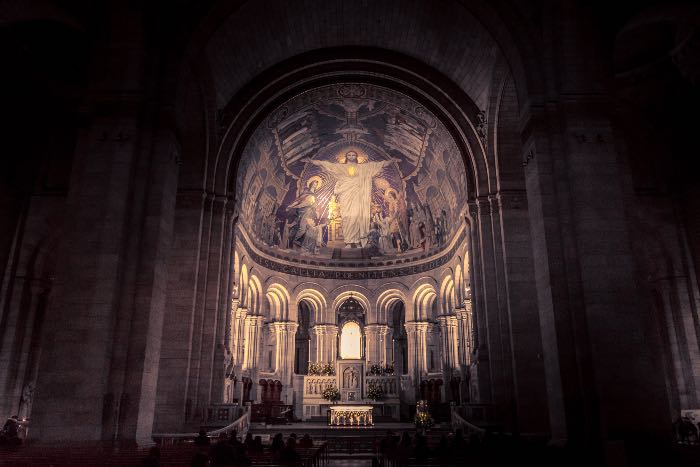
As holy days go, All Saints is hard. It compels us to see ourselves in relationship to all those blessed before us.
For Sunday
All Saints’ Day + All Souls’ Day
Collect
Almighty God, you have knit together your elect in one communion and fellowship in the mystical body of your Son Christ our Lord: Give us grace so to follow your blessed saints in all virtuous and godly living, that we may come to those ineffable joys that you have prepared for those who truly love you; through Jesus Christ our Lord, who with you and the Holy Spirit lives and reigns, one God, in glory everlasting.
Amen.
Reading
From Luke 6:20-31
“Do to others as you would have them do to you.”
Reflection
Text used for episode 43 of the Make Saints podcast: “All Saints 2022”
This week we are celebrating the Feast for All the Saints. While the church’s normal pattern is to celebrate saints individually throughout the year, we mark November 1st as the day we celebrate them all together. It’s like this one day we’re honoring the whole team, not just each player.
And what makes a saint has been defined and redefined frequently throughout history. All of the official apostles are saints. Many martyrs have been made saints. Similarly major figures in history and remarkable people of the recent past have been included.
Ultimately, how one becomes a saint is dependent on the living. We don’t get to call ourselves saints. But others get to determine the circumstances for whether people regard us as such.
Our church is named St. Stephen’s because someone over 180 years ago, decided that a saint named Stephen would be our patron. And so we, as a congregation, look to that particular saint for inspiration.
We also tend to look at the people around us for inspiration. We observe their behavior, their words, and particularly their devotion, caring, hope, and commitment. The people who inspire us to be better people, we often regard as reflecting a kind of personal sainthood.
The challenge of blessing
The gospel for this feast day invites us into a fascinating challenge. It starts out with a deeply troubling style: “Blessed are you who are poor,” which is hard to imagine that Jesus is really serious about that.
And yet, by the time he’s done, summarizing with the teaching we know as the Golden Rule, we find the main idea intuitive and obvious.
It is almost like we think the secret to being a good person is complicated or hard. Like there’s a grand mystery we need to unlock. Or it takes a radical transformation of our personal character to embody it. When Jesus really is saying “just do good.”
The reality that the sainthood Jesus seems to be about is so accessible and not even in the least bit special is probably the biggest misconception of faith. Gurus on mountaintops aren’t more special than the volunteers at the soup kitchen.
What does separate the saintly in their saintliness from you and I in our normal lives? It tends to be how willing they are to spend their time blessing other people. And how eager we are to be blessed in the here and now.
So a life of faith isn’t that complicated. It isn’t about playing for keeps. But instead, playing for the love of the game.
